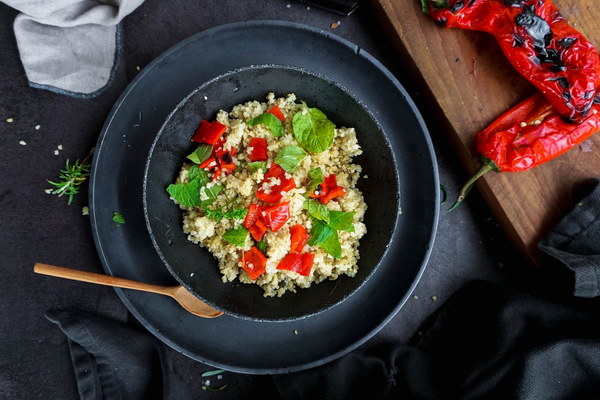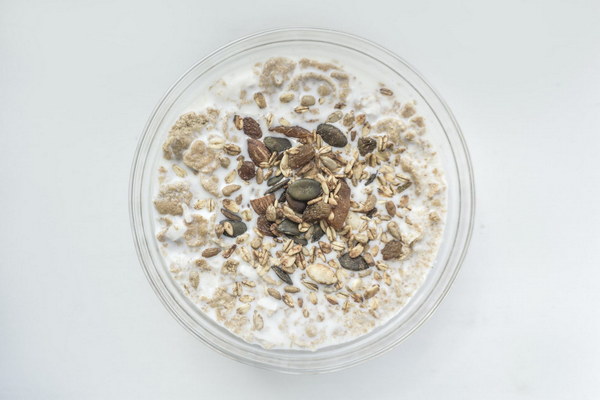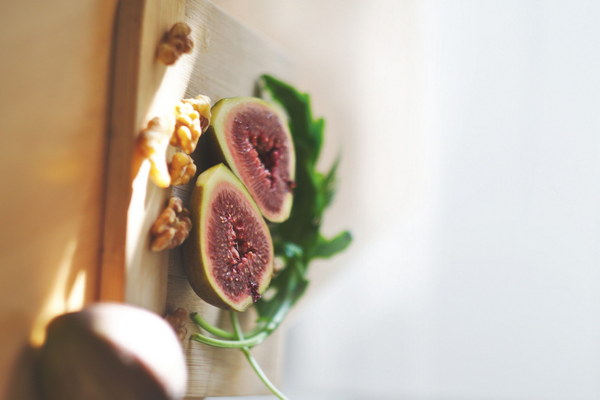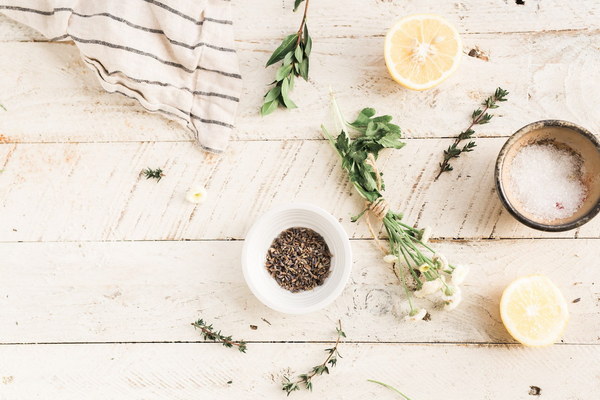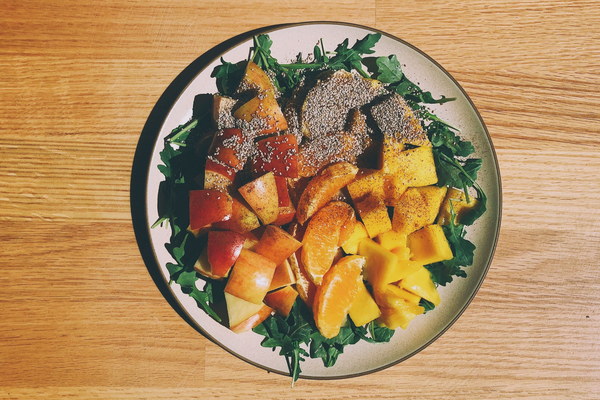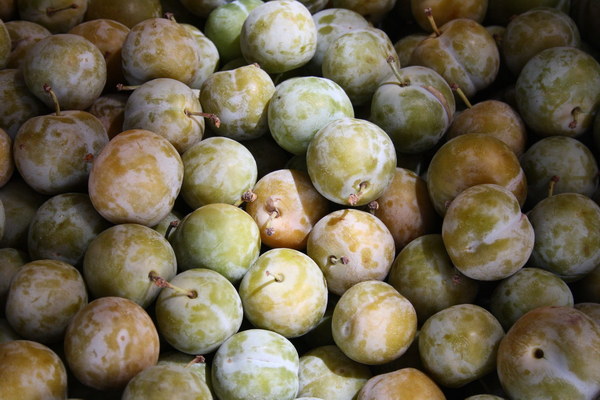Unveiling the Secrets of Moisture-Relieving Herbs A Guide to Traditional Remedies for Modern Times
Introduction:
In the realm of traditional Chinese medicine, the concept of dampness plays a crucial role in understanding and treating various health conditions. One of the most effective ways to alleviate dampness-related symptoms is through the use of moisture-relieving herbs. These herbs have been utilized for centuries to promote overall well-being and enhance vitality. In this article, we will explore the world of moisture-relieving herbs, their properties, and how they can benefit your health.
Understanding Dampness:
Dampness, in traditional Chinese medicine, refers to an excess of dampness in the body that can lead to a range of symptoms, including fatigue, bloating, weight gain, and digestive issues. It is believed that dampness is caused by an imbalance in the body's yin and yang, leading to a weakened immune system and a decrease in energy levels.
Moisture-Relieving Herbs: A Treasure Trove of Traditional Remedies:
The following moisture-relieving herbs have been used for centuries to combat dampness and promote health:
1. Astragalus (Huang Qi):
Astragalus is a well-known herb in traditional Chinese medicine, known for its immune-boosting properties. It helps to expel dampness from the body, enhance energy levels, and improve overall well-being.
2. Poria (Fu Ling):
Poria is a versatile herb that is often used in combination with other herbs to eliminate dampness. It has a mild diuretic effect, aiding in the removal of excess fluid from the body and promoting healthy digestion.
3. Cinnamon (Rou Gui):
Cinnamon is a popular spice that also serves as a moisture-relieving herb. It helps to warm the body, improve blood circulation, and expel dampness, making it beneficial for those suffering from cold limbs and joint pain.
4. Licorice Root (Gan Cao):
Licorice root is often used as a harmonizer in traditional Chinese herbal formulas. It helps to balance the properties of other herbs and promotes overall harmony in the body, making it an excellent choice for treating dampness-related conditions.
5. Alisma (Ze Xie):
Alisma is a potent herb that is commonly used to eliminate dampness and improve kidney function. It helps to reduce swelling, relieve bloating, and alleviate digestive issues caused by dampness.
6. Atractylodes (Cang Zhu):
Atractylodes is another herb that is highly regarded for its dampness-relieving properties. It helps to strengthen the spleen, improve digestion, and expel dampness, making it beneficial for those with weak digestion and frequent dampness-related symptoms.
How Moisture-Relieving Herbs Work:
Moisture-relieving herbs work by targeting the root cause of dampness in the body. They help to:
- Strengthen the spleen and improve digestion, which aids in the absorption of nutrients and the elimination of waste products.
- Promote the flow of Qi (vital energy) and blood, which helps to alleviate symptoms such as fatigue, bloating, and joint pain.
- Enhance the body's ability to expel dampness, leading to improved overall health and vitality.
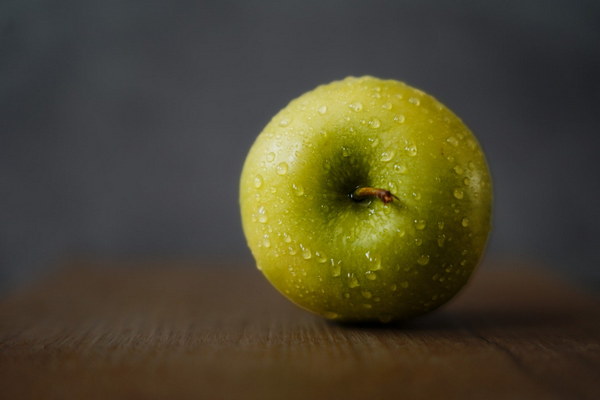
Conclusion:
Moisture-relieving herbs are a valuable resource in traditional Chinese medicine, offering a natural and effective way to combat dampness-related symptoms. By incorporating these herbs into your daily routine, you can experience the benefits of ancient wisdom and promote a healthier, more balanced life. Always consult with a qualified healthcare professional before starting any new herbal treatment to ensure its safety and suitability for your specific health needs.




